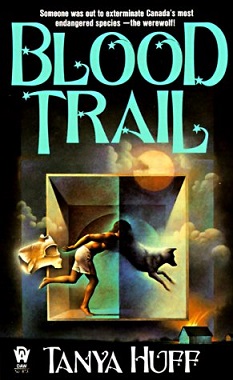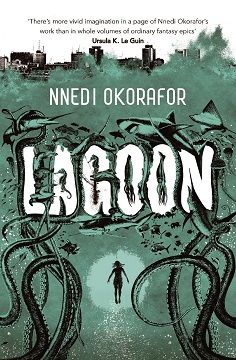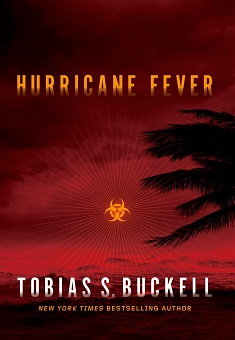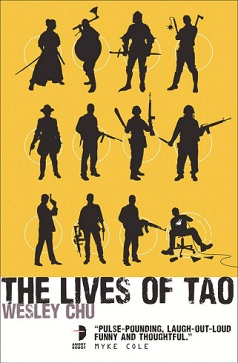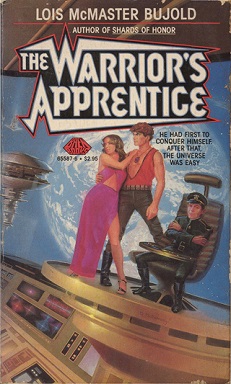
The Warrior’s Apprentice
Lois McMaster Bujold
315 pages
published in 1986
As you probably know, Bob, The Warrior’s Apprentice is the second novel in the Vorkosigan Saga series of mil-sf adventures and came out in the same year as the first, Shards of Honor. Whereas that book starred Miles parents, this is the introduction of Miles Vorkosigan, the just under five foot crippled before birth by a neurotoxin attack on his mother, insanely charismatic, insanely hyperactive military genius who, at the start of the novel is trying to make it through the eliminations for officer candidacy in the Barrayaran Imperial Military Service. The written exam is no problem; it’s the physical tests that are a challenge for somebody who could break his bones just by sitting down hard.
His strategy is to take it slow and careful, but being seventeen he lets himself get goaded by one of his fellow candidates, takes an unnecessary risk and breaks his legs, with it shattering his chances to get into the military. Worse than his own disappointment is his grandfather’s, the liberator of Barrayar of the Cetegendans, who dies the next night — Miles convinced he killed him by breaking his heart. In his despair and sorry he’s glad to get away from Barrayar and, because of the political situation his father too would like to see him visit his mother’s family on Beta Colony, a nicely civilised part of the galaxy where aristocratic notions of honour are held for the anachronisms they are. He doesn’t travel alone; his bodyguard, sergeant Bothari, of course has to travel with him and he manages to persuade his mother to ask Bothari’s daughter, Elena, to come with him as well. He’s of course half in love with her and thinks a trip to another planet and perhaps the chance to learn more of Elena’s long dead mother, would get him into her good graces. Yes, Miles is somewhat of a nice guy but trust me, he grows out of it.
To be honest, Miles is a bit of a schemer and an impulsive gambler; not with something as uninteresting as money, but he does have a knack for spur of the moment impulses landing him in jams that only his gift for gab and quick thinking can get him out of. It’s this impulsiveness that got him to take Elena to Beta Colony and that, not even an hour after landing gets him into trouble again, as he intervenes in a dispute between a desperate pilot and the yard owner who wants to scrap the ship he’s holding hostage. In the end he ends up buying the ship, taking the pilot into his service, then devising a plan to actually pay for all this by smuggling a shipload of weapons to a planet under siege, in the process also rescuing a deserted Barrayaran officer stranded on Beta. All of this not so much planned, but the result of Miles boldy going forward to try and gain enough momentum to get himself out of the mess he just made. As Bujold puts it:
At the end of two days he found himself teetering atop a dizzying financial structure compounded of truth, lies, credit, cash purchases, advances on advances, shortcuts, a tiny bit of blackmail, false advertising, and yet another mortgage on some more of his glow-in-the-dark farmland.
Things get worse once his scheme actually gets underway and he and his plucky band of followers — most of whom following out of curiousity as much as anything — arrive at their destination. Ultimately it ends up with Miles in control of The Dendarii Mercenaries, a mercenary band he had first made up to get the representative of the planet he was going to smuggle weapons to to trust him and that ended up consisting of most of the mercenaries actually besieging that planet. Watching this all unfold is a collossall romp punctured by “I’ll figure something out” from Miles.
It’s in fact such an entertaining romp that it can be hard to notice the more serious parts of the story. These aren’t bloodless adventures and when people die, it has an impact, even on their killers. Early in a jump pilot dies as the result of an interrogation Miles had ordered to get the codes for a ship and it haunts him. Similarly, while the way in which he swears people to his service at the drop of a hat is played for comic relief, Bujold also makes serious points about loyalty and leadership.
I’m not sure when exactly I first read The Warrior’s Apprentice, but it was before Shards of Honor. The revelations about Elena’s true parentage and her father’s role in it therefore came as much as a shock to me as it did to her, as she turned out to be the product of rape, the mother who had supposedly died when she was a young child still alive, her father having been the rapist. In the hands of a lesser writer this could’ve been tacky, out of place in what seems at first to be a wish fulfilment adventure story, but Bujold handles this sensibly and believable. She doesn’t shy away from the fact that Elena’s ignorance of her father’s past did her no favours, or that Miles’ parents had been more concerned with her father’s well being than perhaps her own.
What also puts The Warrior’s Apprentice above mere wish fulfilment is the fact that Miles doesn’t get the girl. Elena falls for somebody else entirely, turns out to be her own woman, not just an trophy or a pet project. That’s really what puts the whole Vorkosigan series on a higher level than most other adventure sf series; Bujold never forgets there are other people besides Miles and while he might sometimes only see object to be manipulated, she never forgets.
